1 Comment
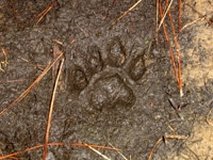 The Florida Panther, our state animal, hasn't had an easy half-century. Federally protected since 1967, in the early 1970's the population was down to only 20-30 adult animals. They just barely escaped extinction with the help of a few closely related Texas Cougars, which were released to help prevent a population collapse from inbreeding. The U.S. Fish and Wildlife Service and the Florida Fish and Wildlife Conservation Commission (FWC) have just released their new population estimates, and they believe that there are currently 120 to 230 adult and subadult Florida panthers (it isn't that easy to count panthers, so the numbers are always at least a little imprecise). This is an improvement from 2014, when experts estimated there were 100-180 adults and subadults. The increase is an exciting sign that this highly threatened population is finally beginning to rebuild. If you see a panther, or a panther track (which are distinctive; note the three lobes at the back of the pawprint!) you can report them to MyFWC.com/PantherSightings to help with panther research and management (they'd especially like a photo, if you can snap one). You can also learn more about the natural history of the Florida Panther here, and check out adorable photos of Panthers from the FWC here. We had a welcome visitor yesterday to the area near Field School’s dock—a young American Crocodile (Crocodylus acutus). In the United States, they’re only found in Puerto Rico and the Southern half of Florida—and they aren’t very common, with an estimated US population of 500-1,200 (up from only a few hundred in the 1970s).
If you’re wondering how to tell them apart from South Florida’s more common American Alligators (Alligator mississippiensis), here’s what to look for: Color Crocodiles are gray-green in color, while alligators are nearly black, although the color difference between a dark crocodile and a light alligator is not always large. When they are juveniles, crocodiles are light-colored with dark stripes, while alligators are dark colored with yellow stripes. A pointy snout Crocodiles have a narrow snout shaped more or less like a “V” while Alligators have broader snouts that look more like a “U”. Habitat partitioning While Alligators can spend some time in salt water, they really prefer water that is fresh or brackish. Saltwater crocs are rare reptiles in their ability to survive and thrive in high salinity over long periods. So if you see an alligator/crocodile-looking-thing hanging out in the ocean, and you aren’t near a source of fresh water, odds are pretty decent it’s a crocodile. . Visible lower teeth The shape of their respective jaws means that crocodiles show some upper and lower teeth even when their jaws are fully closed. For Alligators, only some upper teeth are visible when the mouth is closed. |
Field Notes
Archives
July 2021
Categories |
|
Partner with us! We are always looking for new schools, scientists, and non-profit organizations to partner with. Please contact us here to start a conversation.
Hear from us! Sign up for our newsletter to hear about what is happening at Field School as well as upcoming offers and specials. |

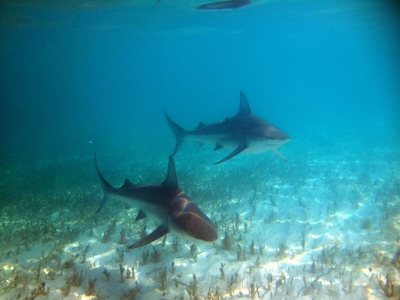

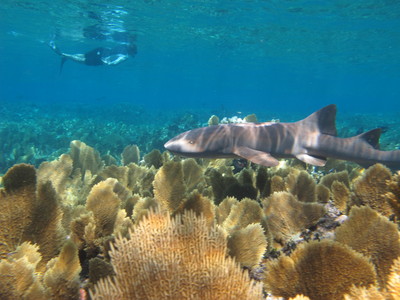
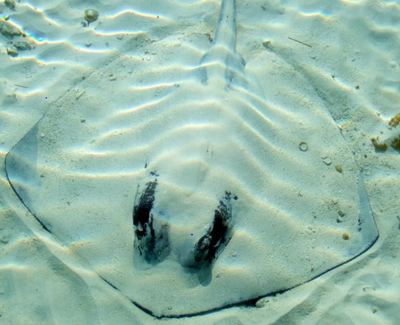
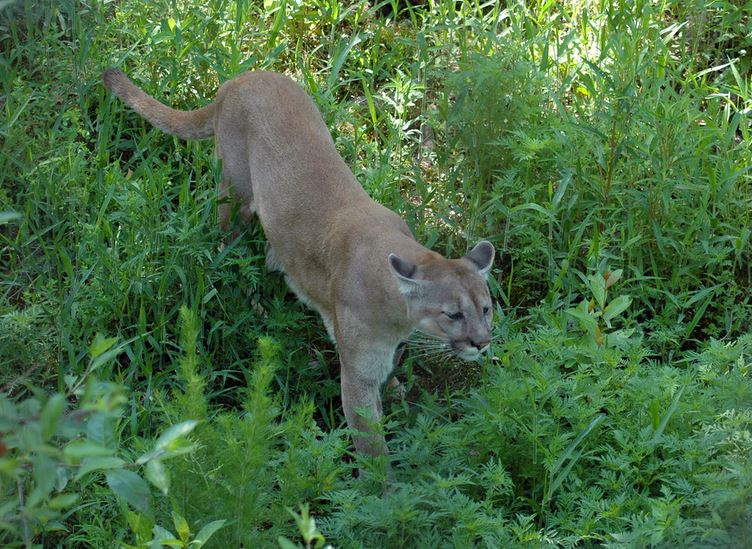
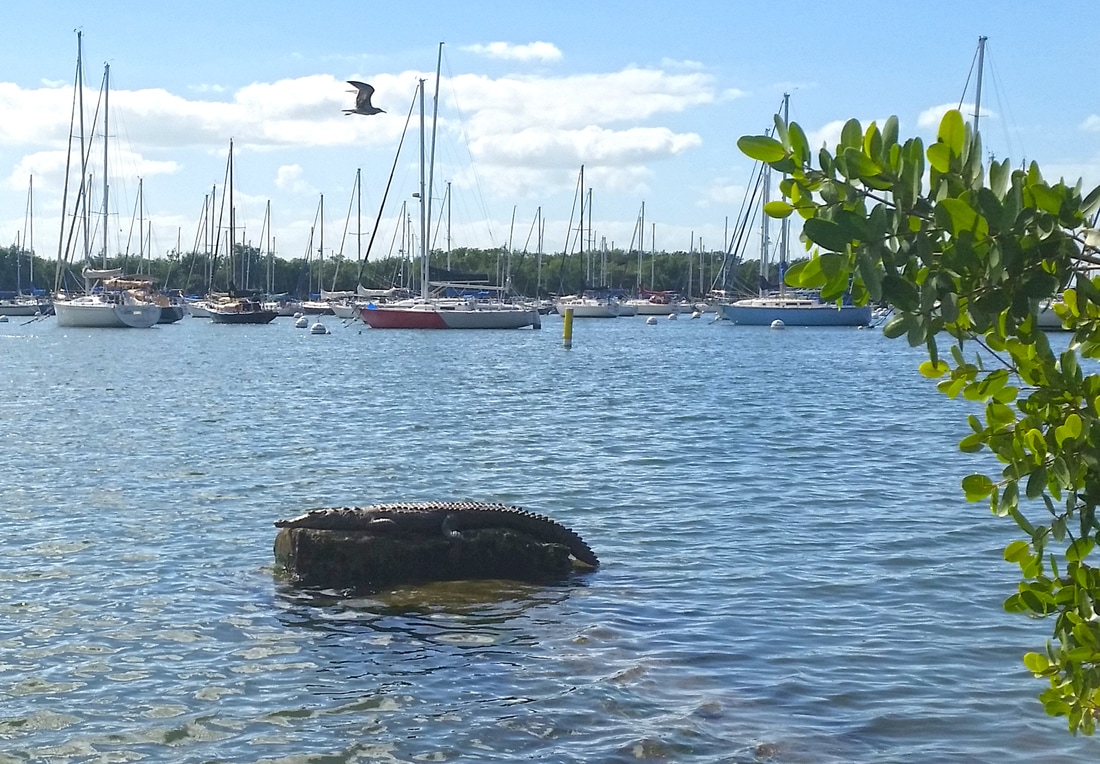
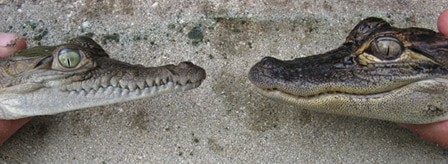
 RSS Feed
RSS Feed